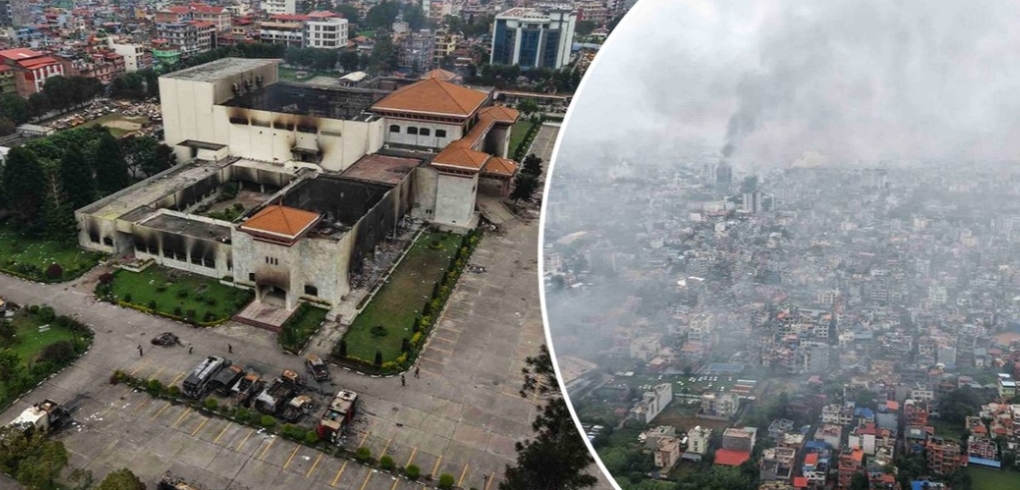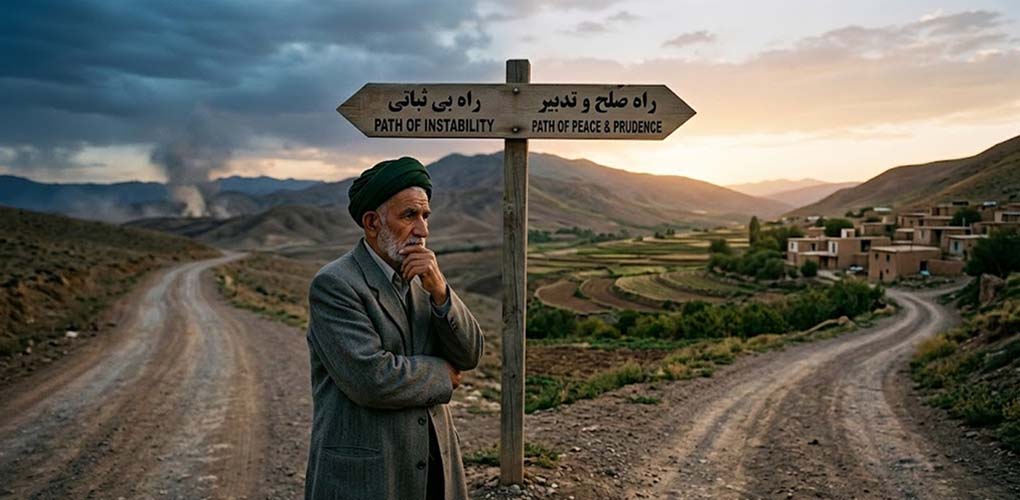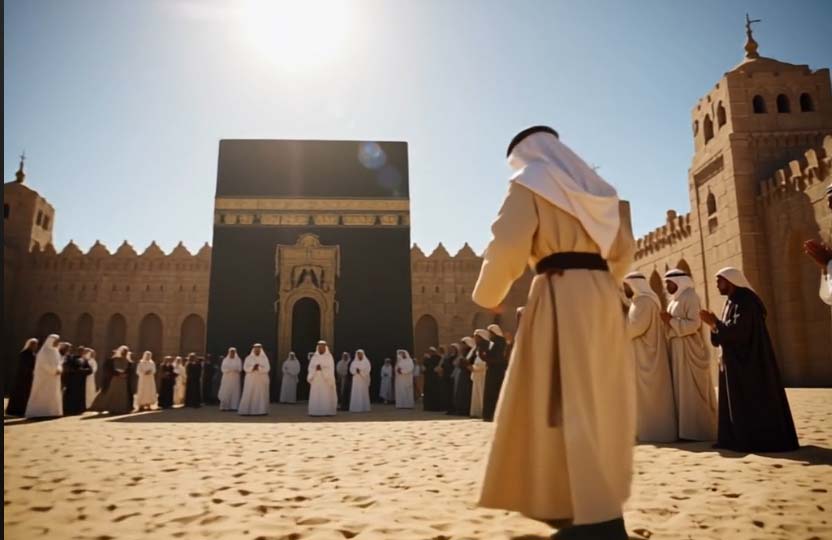Nepal is currently experiencing significant unrest and violence among its youth, aged 13 to 28, known as Generation Z (Gen Z). This generation is fighting for their civil rights, entitlements, freedom, economic growth, and against corruption, impunity, poor law and order situations for the general population, and the luxurious lifestyles of leaders and their children living abroad.
Many young Nepalese are seeking opportunities in Gulf countries to work and send remittances back home. However, the leaders in Nepal seem more focused on sending youth abroad rather than addressing their issues. There is a concern that if the youth remain in Nepal, they may challenge the leaders’ anarchical and chaotic behaviors. Unfortunately, these young individuals are unable to vote in elections from abroad.
Just four days ago, Gen Z announced plans to launch a protest against corruption, impunity, and the ban on social media. Today, on September 8th, they initiated a nationwide protest at 9.00 am. Unfortunately, on the first day of the protest, security forces in Nepal opened fire indiscriminately in Kathmandu, resulting in the tragic death of 19 youths from bullet wounds. Many others were critically injured, and hundreds were wounded. Gen Z alleges that the government sent spies to disrupt their movement, citing Prime Minister K. P. Oli’s past actions as evidence. Nepal is reeling from the tragic death of young people and children.
Despite the government imposing a curfew in Kathmandu at 13:00 hrs midday, the Nepal Army was mobilized, and the Gen Z generation continues to protest, even entering the premises of the Parliament building. The protest was being broadcast live on Nepali and Indian television channels. Protests were also taking place across Nepal, with many Gen Z members being injured by bullets. Curfews had also been imposed on the main cities of Nepal, with the Nepal Army being mobilized.
The protesters were carrying the national flag and chanting slogans against Prime Minister K. P. Oli to leave the nation, accusing him of corruption, injustice, and impunity. They question how Oli, with limited up to 8th grade education and humble beginnings, amassed significant wealth, even in land and abroad.
The Gen Z movement that began yesterday evolved into a full-fledged people’s revolution today, encompassing all Nepalis. People from all walks of life, including the elderly, women, workers, and shopkeepers, were actively participating in the movement. Today, protesters brutally murdered the DSP who ordered the shooting in front of the Parliament building yesterday, and the police have also been involved in the killing of about a dozen individuals. The death toll has reached approximately, including some police officials. Even army personnel were moved to tears upon witnessing the bodies of the youth who were shot dead yesterday. The total number of injured individuals across the country is estimated to be around 1,000.
If PM Oli had resigned yesterday, today’s violence, vandalism, looting, and arson could have been avoided. The Nepali Army had warned Prime Minister K. P. Oli that without his resignation, they could not guarantee security. Oli finally resigned today, 27 hours after the Gen Z movement began. His resignation boosted the morale of the protesters, who were primarily from Gen Z. As residents of Kathmandu joined the protests in large numbers, the morale of the police and army declined, leading them to withdraw from their security duties. Subsequently, the protesters gained control over the executive, legislative, and judiciary branches.
The movement has escalated into a revolution, with protesters attacking police posts, seizing guns, and setting key government buildings on fire, including the Prime Minister’s office at Singha Durbar, the Federal Parliament Building, and the Supreme Court. All of these central offices have been turned to ashes. Currently, in Nepal, the executive branch is not providing any assistance or service even in case of emergency, the people are far from receiving justice as the courts are non-functioning, and the parliament is also closed. There are no police posts for security across the urban centers of Nepal. The presidential office and private residences are also ablaze. The prime minister and ministers were evacuated from their residence by army helicopters due to security concerns. The octogenarian Nepali Congress President Sher Bahadur Deuba, who has been elected as prime minister five times, and his wife, Dr. Aruju Deuba, the outgoing foreign minister, were taken into custody and severely injured by beatings. They are currently being treated in secret. The president fled to his residence, which was also set on fire. The president has accepted PM Oli’s resignation and has resigned himself. However, President Ram Chandra Poudel is still working, as there is a constitutional vacuum as to whom to submit his resignation.
The situation in Nepal is dire, as chaos and violence have erupted, along with the homes of prominent political figures. Tragically, the wife of former Prime Minister Jhalanath Khanal died in a fire at their residence. The former Vice President Nanda Kishor Pun’s residence is also ablaze. Houses belonging to members of the Nepali Congress, UML, and Maoist parties in Kathmandu have been targeted. The unrest has spread to local municipalities across the country, disrupting transportation, closing shops and banks, and shutting down government offices. Even the Commission for the Prevention of Abuse of Authority, led by a close ally of former PM Oli, has been engulfed in flames.
In Nepal, the Nepali Congress and the UML imposed a syndicate system in all branches of executive, parliament, and judiciary, where their own party hardcore activists were appointed to judiciary and constitutional bodies, security forces, among others. Allegations suggest that Oli and Deuba accepted bribes ranging from 20 to 50 million Nepalese Rupees for various appointments, even for ambassadorial positions, disclosed by former Foreign Minister Narayan Kaji Shrestha. There are rumors of the governor of the National Bank accepting a bribe of two billion Nepalese currency for Oli while favoring certain individuals. Despite efforts to boost the economy of private banks by increasing interest rates, Nepal continues to struggle with recession. Bribery was rampant in government offices, with brokers facilitating these transactions and even having influence over high-ranking officials, including the prime minister. There are suspicions of corruption involving Oli and Deuba in major investments, such as the Bhatbhateni shopping complex, which has also been destroyed into ashes.
Kathmandu airport has been closed indefinitely since midday. A curfew is in place in all three cities of the Kathmandu Valley, including many influential urban cities in Nepal, with security forces abandoning their weapons in offices and fleeing in civilian dress. Law and order have completely broken down in the country, with no one able to provide security. The arson in Kathmandu has caused difficulty in breathing due to smoke, with black clouds gathering in the sky.
Protesters have freed Rabi Lamichhane, a popular leader of Nepal’s National Independence Party, from prison, and about 10,000 prisoners have escaped across the country breaking out of jails. Due to the court records of these escaped prisoners, other courts may also be at risk of arson. The military should proceed with caution. This movement is considered one of the world’s biggest and quickest revolutions, bringing the country to a standstill in just 36 hours.
The president, the military, Rabi Lamichhane, Balen, and other parties are calling for talks with Gen Z, but so far, no progress has been made. The President has shown willingness to meet all of Gen Z’s demands. However, a lack of leadership in dialogue has caused issues at the start of the negotiation process.
During this crucial time, it is essential for political leaders, civil society, the younger generation, and the international community to focus on non-violent solutions and mediation to avoid more humanitarian suffering. Urging for dialogue and the establishment of an interim arrangement is crucial to bring stability to the country and safeguard its people, infrastructure, and public and private entities.
A major security and humanitarian crisis are looming in Nepal, and dialogue is essential to avoid conflict. The Peace and Conflict Studies Center urges the international community to pressure Nepal for both indirect and direct mediation, as well as informal and formal (constructive) dialogue with all parties in Nepal to resolve the crisis and establish an interim electoral government at the earliest. Dialogue begets dialogue.
Professor Bishnu Pathak, PhD
Nepal
Former Senior Commissioner
Commission of Investigation on Enforced Disappeared Persons, Nepal
“Learn as if you will live forever; live as if you will die tomorrow” – Mohan Das Karam Chandra Gandhi



